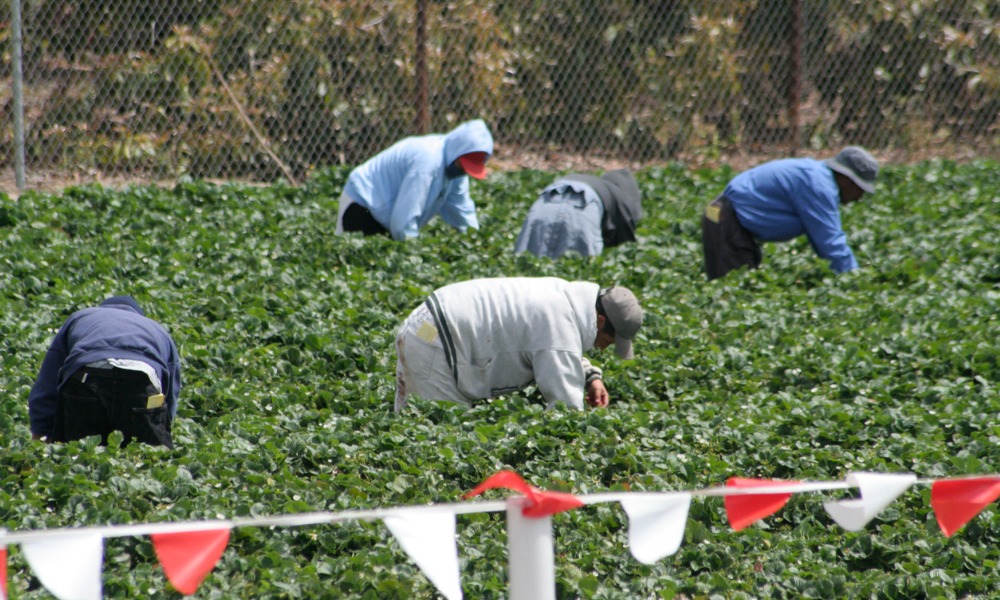
Employer disqualification, three new infringement offences introduced

New Zealand employers guilty of exploiting migrant workers may soon be barred from managing or directing companies in a new bill passed by the government.
The Worker Protection (Migrant and Other Employees) Bill amends the Companies Act 1993 to allow the court to disqualify directors who have been "convicted of an offence under section 351 of the Immigration Act 2009 (exploitation of unlawful employees and temporary workers)." It also disqualifies directors convicted of an "offence under section 98D of the Crimes Act 1961 (trafficking in persons)."
"We need to ensure that our employment and immigration systems work well to protect the conditions of every employee in New Zealand, including migrant workers," said Workplace Relations and Safety Associate Minister Priyanca Radhakrishnan in a statement.
New infringement offences
Meanwhile, the newly passed legislation also amends the Immigration Act 2009 to introduce three new infringement offences, including:
These new infringement offences target breaches at the "lower level," according to Radhakrishnan.
"This is important because lower-level breaches often lead to more serious exploitation," the associate minister said.
Further migrant worker protections
The passing of the Worker Protection (Migrant and Other Employees) Bill introduced the final changes from the 2020 Temporary Migrant Worker Exploitation Review, according to the government.
Previously introduced changes include the rolling out of a new dedicated 0800 number and reporting tools, as well as liaison support services for victims of migrant exploitation.
Other changes include the introduction of a new Migrant Exploitation Protection Visa, which protects employees who have reported cases of exploitation.
"If you have reported exploitation while on an employer supported work visa, apply for this visa to leave your job while the exploitation is being investigated," Immigration NZ said on its website.
Radhakrishnan said these measures had "significant uptake and positive results" since their introduction.
"However, migrant exploitation is an area which needs ongoing vigilance. While no one solution is a silver bullet, the changes we have made collectively go a long way to address this issue," the associate minister said.